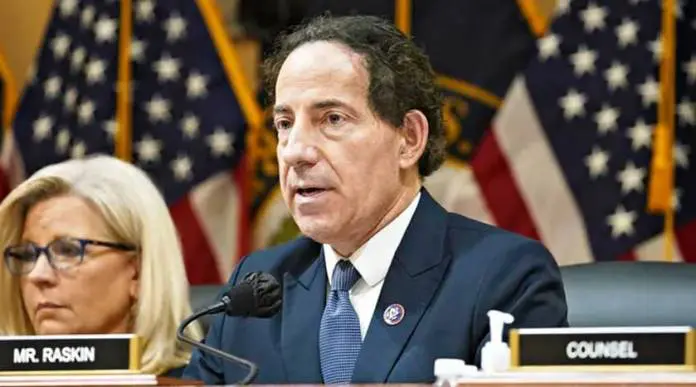
Maryland Rep. Jamie Raskin has revealed that he has cancer. He was diagnosed and treated for colon cancer several months ago. This second bout with cancer is serious but curable, he said. He said that he will continue working for the next four months of embarking on outpatient treatment courses, but will reduce unnecessary exposure to people to avoid contracting COVID-19, the flu, and other viruses, ABC News reports.
“I have been diagnosed with Diffuse Large B Cell Lymphoma, which is a serious but curable form of cancer,” Raskin announced. “I am about to embark on a course of chemo-immunotherapy on an outpatient basis at Med Star Georgetown University Hospital and Lombardi Comprehensive Cancer Center. The prognosis for most people in my situation is excellent after four months of treatment.”
He thanked his doctors for detecting cancer early, saying that early detection aids treatment and total recovery. He thanked his team of doctors, his wife Sarah, and his daughters, friends, and family, as well as his political associates and constituency for their prayers and support. He pledged to continue making “progress every day in Congress for American democracy.”
The American Cancer Society revealed that Diffuse Large B Cell Lymphoma responds well to treatment if diagnosed early, even though it is a very aggressive form of lymphoma. The society said that after the initial four months of intensive treatment, three out of four patients will not display any signs of the disease if everything goes fine.
“My love and solidarity go out to other families managing cancer or any other health condition in this holiday season—and all the doctors, nurses, and medical personnel who provide us comfort and hope,” Raskin said.
A former constitutional law professor, Raskin became a federal representative in 2016. He rose to become a top Democrat in Congress and even defeated another senior lawmaker to head the House Oversight Committee. He was prominent in the hearings that sought to impeach former President Donald Trump and were a member of the panel that probed the January 6 Capitol Hill insurrection.
Given his chemo-immunotherapy treatment, he noted that he might experience hair loss and weight gain; but he noted that he preferred to have the treatment “kind that causes hair gain and weight loss.”











